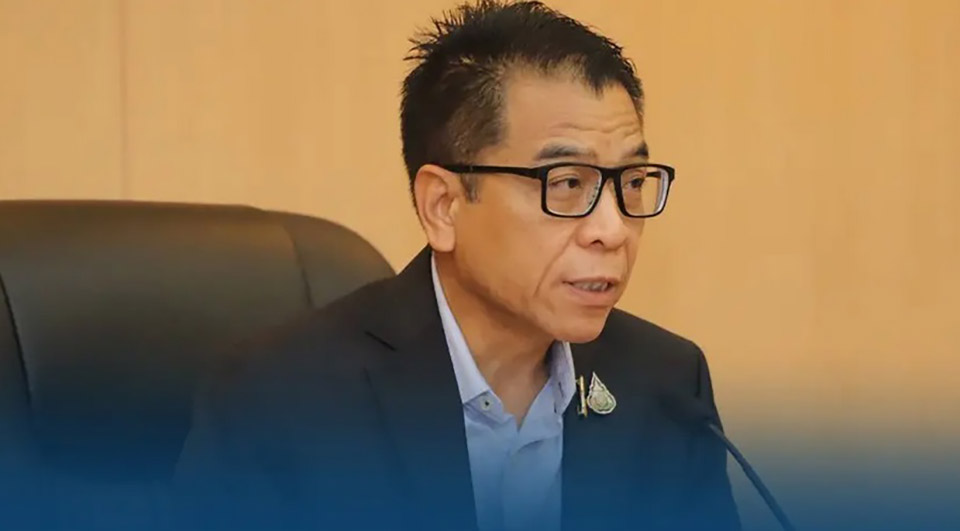
The Secretary-General of the Election Commission (EC) expressed satisfaction with the recent Senate election, despite delays that postponed the announcement timeline to July 3, 2024.
He noted that 614 complaints have been received regarding the process.
EC Secretary-General Sawaeng Boonmee announced the results of the national Senate election at the IMPACT Forum in Muang Thong Thani. The vote count was completed on the morning of June 27.
As the director of the election, he submitted the names of the 200 elected senators and a list of 100 alternates to the EC board.
By law, a five-day period is required to verify the integrity and fairness of the election, delaying the announcement by one day to July 3.
Regarding concerns about irregularities in the voting process involving several candidates, he emphasized efforts to gather evidence of any illegal activities, such as collusion or block voting.
He said with the old regulations revoked, the law must now be applied. Specifically, under Section 36 of the old regulations, there were restrictions on self-promotion and vote solicitation, which no longer apply.
Therefore, it must be determined whether such self-promotion is illegal. While block voting or collusion is not explicitly illegal, the EC must ascertain the facts to ensure fairness before making a judgment. If any form of benefit exchange, such as monetary payment, is involved, it is illegal.
However, mutual support or vote trading without payment is not punishable under the law. The EC is committed to collecting as much evidence as possible.
Additionally, the EC is investigating the background of hotel rentals, including payment and event arrangements, to identify any illegal activities.
Boonmee revealed that there have been 614 complaints regarding the Senate election process, from the district to the national level. About 65% of these complaints concern the qualifications of the candidates, with issues of unfair practices, bribery, and benefits distribution. Around 3% of the complaints allege political influence behind candidate nominations. (TNA)








